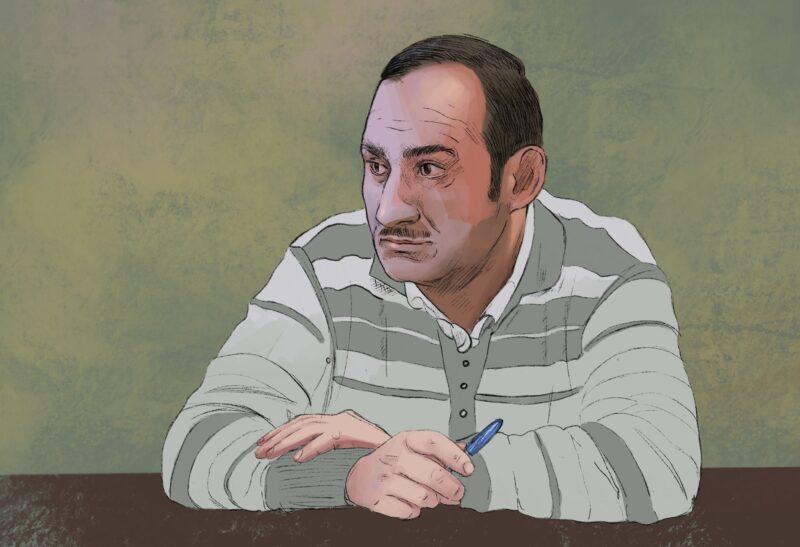This week saw the number of cases against media workers in Azerbaijan in 2023, U.S. supporting OSCE’s critical view about the elections, and ECHR ruling that Georgia and Azerbaijan must compensate journalist Afgan Mukhtarli.
Azerbaijan: 147 cases of media suppression in 2023
A report by the Justice for Journalists Foundation has documented an alarming 147 instances of pressure against journalists, bloggers, media outlets, and civil society activists in 2023. This surge in repression marks a significant escalation in the government’s efforts to suppress independent and critical media voices, resulting in over 20 journalists being arrested or legally pursued. The report also highlights the government’s attempts to silence critics abroad, exemplified by the August 2024 arrest and requested extradition of journalist Afgan Sadikov in Georgia.
The crackdown coincides with the enforcement of Azerbaijan’s new Media Law enacted in 2022, which mandates all media to register, effectively outlawing independent media operations within the country. This law has led to protests, during which police have attacked independent media representatives. Despite complaints, these incidents have not been investigated. The report also notes that economic sanctions, court cases, and physical searches remain primary methods of media suppression, with 50 such incidents recorded.
Physical assaults on journalists, particularly during coverage of mass protests and meetings, have also been noted, with 19 attacks recorded in 2023 alone. These attacks were predominantly carried out by government representatives, with the most significant occurring during the coverage of a protest in Gedebey’s Soyudlu village.
U.S. supports OSCE’s critical view on Azerbaijan elections
The U.S. has expressed its agreement with the OSCE’s assessment of the recent snap parliamentary elections in Azerbaijan, urging the country to implement both previous and subsequent recommendations from the OSCE. During a press conference, State Department spokesperson Matthew Miller emphasized the U.S.’s shared concerns with the OSCE mission regarding the elections held on September 1. The elections, monitored by 60 deputies from the OSCE Parliamentary Assembly and 300 members from the OSCE Office for Democratic Institutions and Human Rights, were criticized for not meeting international standards and lacking democratic integrity.
The State Department concurred with independent observers who labeled the electoral contest “non-competitive.” The Council of Europe Parliamentary Assembly (PACE) was not invited to observe these elections, continuing a pattern from the unobserved snap presidential elections in February of the same year. This exclusion is part of the reasons behind the suspension of Azerbaijan’s delegation’s rights in PACE for a year.
Opposition parties like Musavat and Republican Alternative (REAL) participated, while the Azerbaijan Popular Front Party boycotted, citing an unfair political environment and restrictions on fundamental freedoms, including over 300 political prisoners. The OSCE Observation Mission’s preliminary report criticized the election’s deviation from democratic standards.
ECHR orders compensation for abducted journalist
The European Court of Human Rights (ECHR) has ruled that the governments of Georgia and Azerbaijan must compensate journalist Afgan Mukhtarli for violations of his rights.
Mukhtarli, who was abducted from Georgia in 2017 and forcibly transferred to Azerbaijan, faced ill-treatment and was subsequently detained. He claimed these actions were aimed at silencing him and punishing him for his journalistic activities. The ECHR found Georgia responsible for violations related to his abduction and mistreatment, and Azerbaijan for unlawful detention and lack of a fair trial.
The court ordered the Georgian government to pay Mukhtarli 10,000 euros and the Azerbaijani government 6,000 euros for non-pecuniary damages. Additionally, both governments are to cover 2,500 euros each for costs and expenses. This decision is part of a broader set of rulings by the ECHR on September 5, addressing complaints from Azerbaijan, including cases related to administrative proceedings and the right to assemble.



